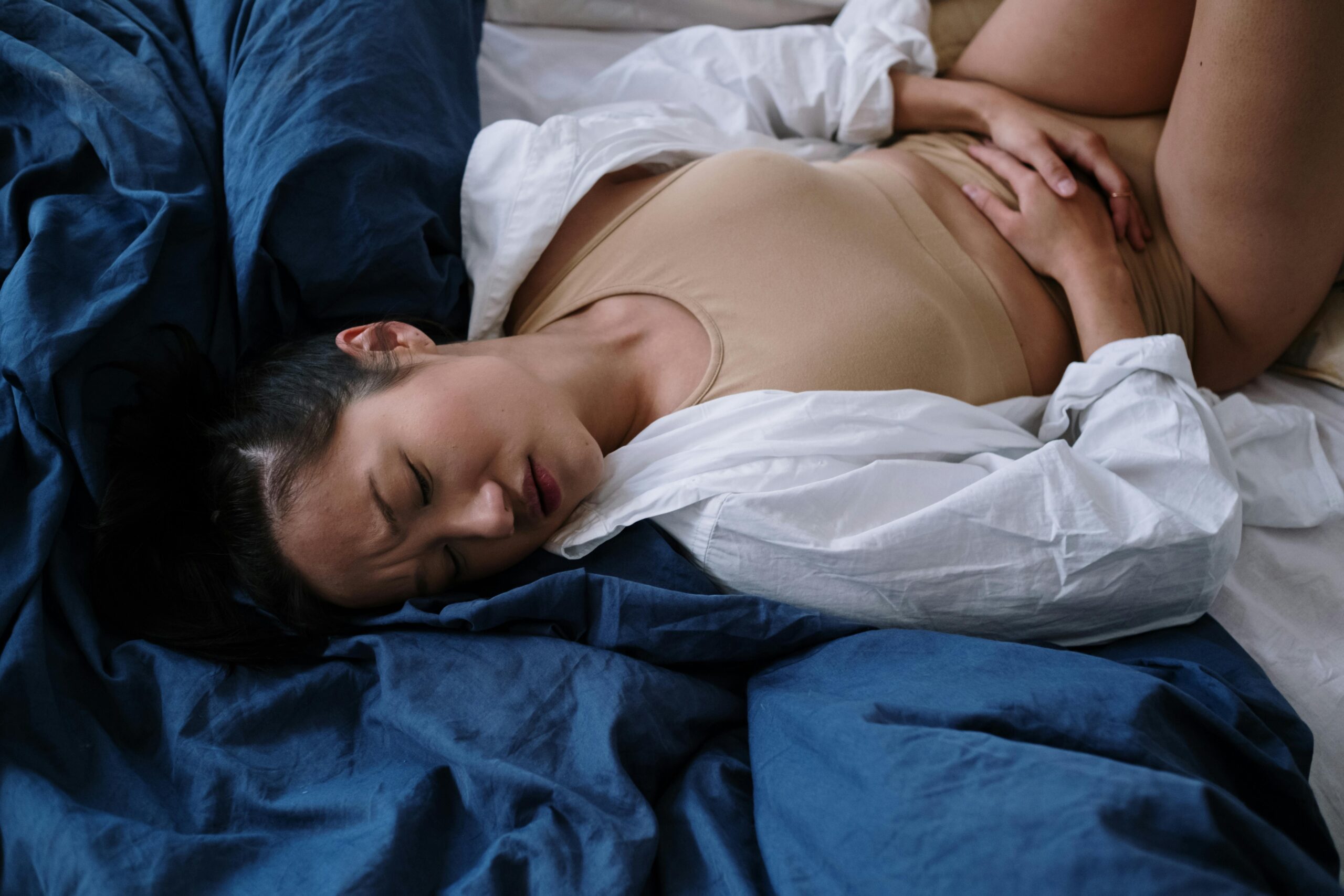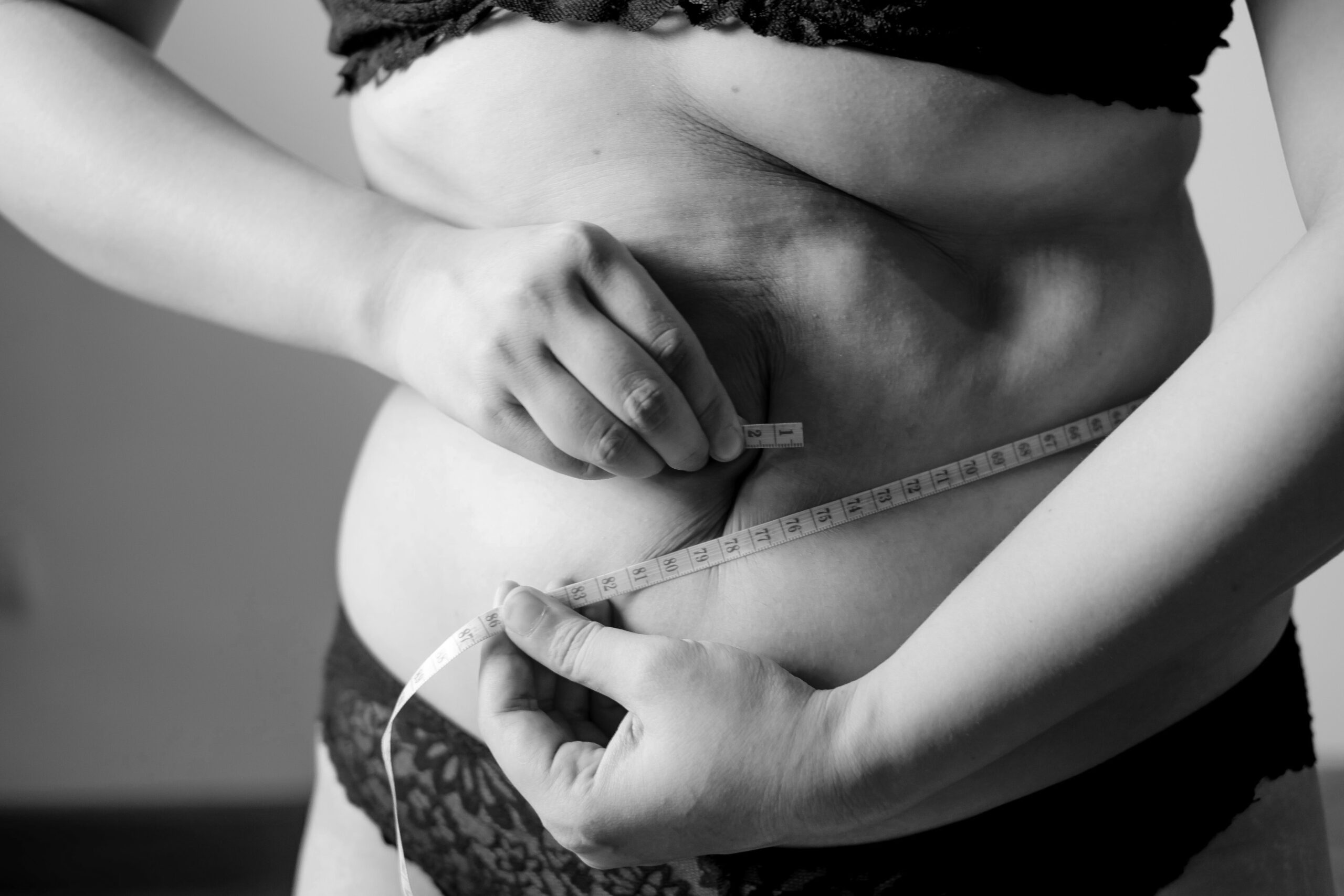
Worried about perimenopausal bleeding? Common bleeding worries and when to see a doctor
In this article
What's the lowdown?
Perimenopause is the time during your life before menopause.
Natural menopause doesn’t happen overnight, and the hormonal changes leading up to it can happen over many years.
During perimenopause, the hormones that are responsible for regulating your menstrual cycle (oestrogen and progesterone), decline. This means that patterns of menstrual bleeding often change and can be unpredictable.
Changes to vulval and vaginal skin in perimenopause can make bleeding after sex more common.
Hormonal medications including contraception and HRT can also cause changes to your periods.
Other causes of menstrual cycle changes in perimenopause include problems with the uterus or ovaries, your lifestyle or medications.
You should see your GP for any bleeding after sex, bleeding in between periods or heavy bleeding.
Why do periods change in perimenopause?
Many women notice that their periods change around perimenopause. These changes are caused by the fall in progesterone around perimenopause, and also the fluctuation in the levels of oestrogen produced by your ovaries.
These changes can lead to cycles becoming further apart or closer together, or a period lasting for longer than usual. Many women also notice either lighter bleeding, heavy menstrual bleeding, and bleeding between their periods 1.
Some women notice that their menstrual bleeding is brown or changes colour in perimenopause. This is because as hormone levels fluctuate, blood may stay in the uterus (womb) for longer which can cause it to oxidise (react with oxygen) and change colour.
Many of these symptoms are expected and a normal part of hormonal changes occurring in perimenopause, before periods eventually stop altogether. The length of time that these symptoms last varies widely, and not all women experience them. Some women may have irregular bleeding patterns for a number of years, and others may not experience this at all.
Are there other causes for changes in my menstrual cycle, other than my hormones?
There are lots of reasons that periods can change, obviously perimenopause is the commonest cause in your 30s and 40s, but don’t forget other reasons.
Firstly lifestyle changes can affect the length of time between your periods or how long they last such as:
- changes in your weight (up or down)
- extreme exercise regimes
- stress
Medical conditions can also affect bleeding patterns in perimenopause such as:
- an underactive thyroid
- infection in your pelvis
- fibroids (non-cancerous growths in the womb lining)
- polyps
- problems with how your blood clots
Some medications can also cause changes to your cycle including:
- hormonal contraception
- steroids
- antidepressant medication
If you have a change in your bleeding pattern but are not sure whether there is a hormonal or another cause then please see a healthcare professional to discuss this.
When to worry about perimenopausal bleeding
Changes to your bleeding in perimenopause is normal, but when should you worry and see a doctor?
If your periods are heavier, lasting longer than usual, or your period is not stopping, you should seek medical advice.
Perimenopausal bleeding between periods, perimenopausal bleeding that won’t stop and bleeding after sex in perimenopause should always be checked by your healthcare professional.
Heavy bleeding is when you need to change your pad or tampon every one to two hours, or need to double up on menstrual products. Bleeding lasting more than 7 to 10 days or bleeding through your clothes also suggests that the bleeding is heavy2.
Heavy bleeding during your period in perimenopause can cause your iron levels to drop, and eventually lead to anaemia. This may make you feel tired or dizzy, or your skin may look pale. If you are concerned about heavy bleeding, you should see your GP.
Blood tests are often done to check if you are anaemic and to look for the other causes of heavy bleeding. Further tests are sometimes needed. These include an ultrasound scan to check the health of your womb and ovaries, and swabs to check for infections.
Does perimenopause cause bleeding after sex?
Loss of oestrogen around perimenopause can cause the vaginal and vulval skin to become less moisturised and drier. Increased friction during sex can cause tiny tears in the vaginal skin, which can lead to a small amount of bleeding. Bleeding after sex can also happen due to changes in the neck of the womb (your cervix) or sexually transmitted infections.
If you have bleeding after sex you should see a doctor for an examination3. It is important that the doctor checks to make sure your cervix (the neck of your womb) is healthy, and excludes other causes of bleeding. They can also check the health of your vaginal skin and give you advice about products like lubricant for during sex or vaginal oestrogen
Does HRT cause irregular bleeding?
Hormone replacement therapy (HRT) contains two hormones which decline in perimenopause – oestrogen and progesterone.
Usually HRT would be given in perimenopause on a ‘cyclical’ basis. This is when you take oestrogen every day, and progesterone for 10 to 14 days of a 28 day cycle. You would usually expect to have a period-like withdrawal bleed on the days that you are not taking progesterone, as a drop in progesterone levels causes the womb lining to shed.
When HRT is first started, it can take some time for your body to adjust to the medication. For the first few months, you may find that you bleed at times you were not expecting to. This is known as ‘breakthrough bleeding’. This usually settles after the first 3 to 6 months of treatment with HRT, at which point bleeding patterns are usually more settled.
If you have been on HRT therapy for 6 months or more and do not have a regular or predictable bleeding pattern, discuss this with your GP4. Sometimes the dose of oestrogen or progesterone can be adjusted, which resolves the issue. If bleeding stops completely whilst you are on HRT, and then returns, you should see a healthcare professional to discuss this.
There are many causes of changes to bleeding in the perimenopausal period, many of which are linked to changes in levels of oestrogen and progesterone. If the symptoms are affecting your quality of life or you are unclear on the cause of a change in your bleeding pattern, you should see a healthcare professional for advice.
Our medical review process
This article has been medically reviewed for factual and up to date information by a Lowdown doctor.






